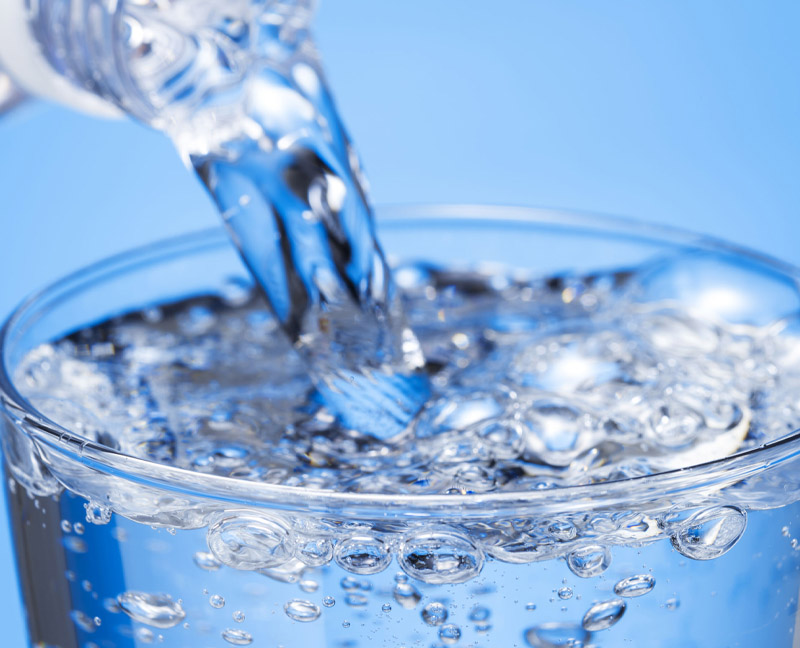Is My Flavored Seltzer Bad for My Health?

Pop, Fizz, oh what a gas
Pop the tab or unscrew the cap on your favorite carbonated beverage and you hear an instant pop and fizz. It tells your senses that a beverage is ready to enjoy, but there is science behind that distinctive sound. These drinks are mostly water with added carbonation, or CO2. The CO2 makes the pressure inside the can or bottle far greater than the outside air pressure, and the sound you hear is the initial pressure equalizing itself. C02 is added to soda, sparkling water and the very popular flavored seltzers, but be careful. That fizzing sound you hear may keep the drink from going flat, but the carbonation may be wreaking some havoc on your bladder, according to Shore Physicians Group Urologist Dr. Meredith Jankowski, a Penn affiliated surgeon.
“The carbon dioxide that is used to give drinks their bubbles can be a real bladder irritant, just like caffeine, alcohol, and spicy food.”
Healthier but not exactly healthy
In the last five years sales of carbonated, flavored sodas has declined while sales of flavored seltzers and sparkling waters has grown. According to Beverage Industry Magazine, sparkling water and seltzer sales have increased 15.8% over the past four years. Without the sugar and coloring, you might think seltzers and sparkling waters are the healthy choice over traditional soda.
“I give kudos to those who were steady soda drinkers and have switched to flavored seltzers. They have eliminated the sugar that can lead to problems like kidney stones, weight gain, tooth decay, a higher risk of heart disease and type 2 diabetes,” said Dr. Jankowski. “But the carbonation is still going to create the same type of irritation as soda which is an urgency or frequency to urinate. The irritation is like a tickle you can’t scratch.”
Dr. Jankowski explained the irritation from the seltzers or coffee and ice tea are not doing any permanent damage to the bladder, it just may increase that full-bladder feeling and trips to the bathroom. She added that the seltzers often contain some kind of citric acid that can actually help to cut down on kidney stones.
“My real concern is when people think they have made the healthy choice by eliminating soda and use the seltzer in place of water. Seltzer is not water. What the body needs to be properly hydrated is water and it is really important for anyone to remember to drink about 50 oz. of water each day.”
Dr. Jankowski said she recognizes that is not always easy or convenient to drink 50 oz. of water every day but it is what the body needs to be at its optimum performance level. “The most important thing for people to remember is that only 25% of their daily intake of fluid should be from sources other than water.”
How can we tell if we are properly hydrated? Dr. Jankowski said urine should be clear and pale yellow in color. Dark or honey colored urine suggests the individual is not drinking a sufficient amount of water.
Dr. Jankowski added that people who enjoy popping the top on a hard seltzer should be cognizant that the alcohol in their spiked seltzer is four to five percent alcohol and is a diuretic along with being a bladder irritant and may deplete the body of water it needs to function properly.
“I advise people to remember when they are drinking alcohol to also drink water so they remain hydrated.”